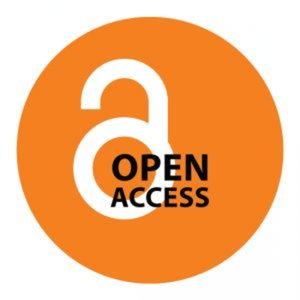Open Access for the Humanities

The open access movement is often associated with scholarship in science disciplines in light of policies such as the NIH Public Access Policy which mandate the deposit of publications that result from grant funded research, the existence of established open access subject repositories such as arXiv in the field of physics, and the high and unsustainable subscription costs of commercially published science journals (Harvard University Faculty Advisory Council Memorandum: Major Periodical Subscriptions Cannot Be Sustained).
The benefits of opening up scholarship beyond paid journal subscriptions also apply to humanities scholars, and thanks to the Modern Language Association, there is good news for authors who want to freely disseminate their scholarship to a worldwide audience. The MLA has adopted a new author agreement for its journals, including PMLA. “The revised agreements leave copyright with the authors and explicitly permit authors to deposit in open-access repositories and post on personal or departmental Web sites the versions of their manuscripts accepted for publication.” (MLA Journals Adopt New Open-Access-Friendly Author Agreements). This means GSU authors can deposit their articles in the university’s institutional repository, the Digital Archive @ Georgia State University. Rosemary Feal, executive director of the MLA, said, “we see that publishing needs are changing, and our members are telling us that they want to place their scholarship in repositories, and to disseminate work on blogs.” Feal went on to say that she believes, “the individual articles posted [outside the journal issue] could attract interest to the journal.”
With a major scholarly society in the humanities such as MLA taking this step, open access advocates hope other societies will consider ways to increase the dissemination of their members’ scholarly works. If the publisher of your article does not automatically allow you, as the author, to retain your copyright, consider asking to retain it before signing it away to the publisher and losing your ability to freely disseminate your own work. The University Library and the GSU Office of Legal Affairs are available to work with you on author agreements, and more information is available on the SPARC website under Resources for Authors. Remember, “research is more valuable when it is shared”.